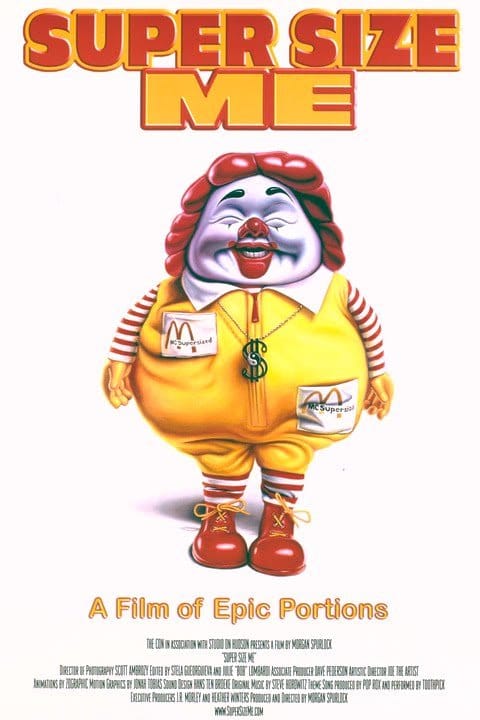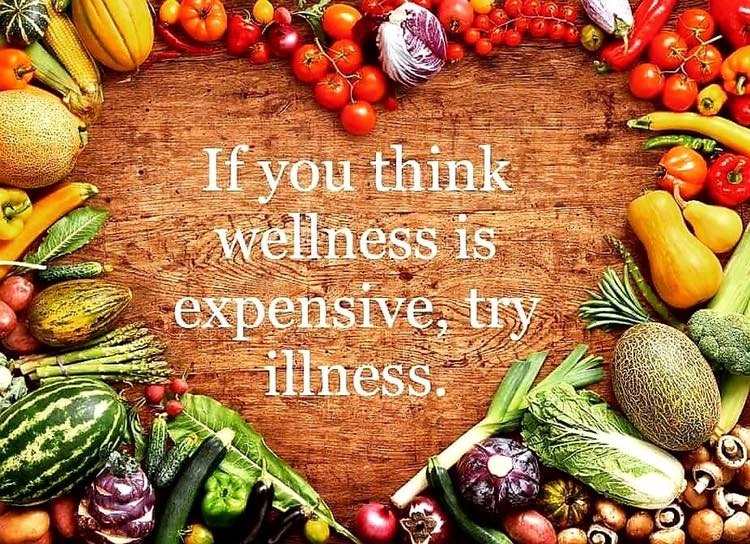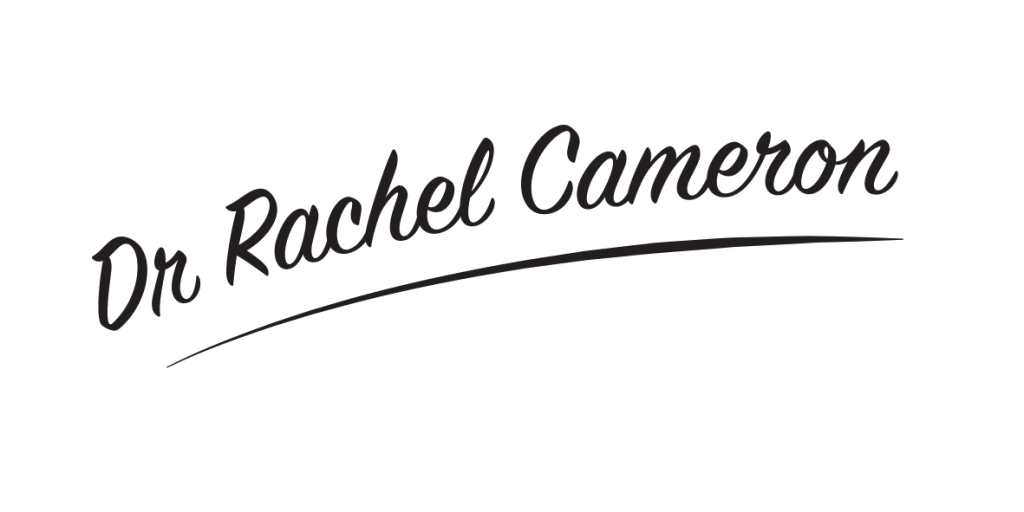
Nutrition and cancer is as easy
Ahhhh – nutrition in cancer, the age-old adage ‘you are what you eat’ is fundamentally true. The food we eat gives us energy and the energy and components of what we eat makes brand new cells, or not, if we eat the wrong foods.
You are what you eat
Our body is filled with trillions of tiny little cells that do ‘jobs’ to get us to where we want to go. We are like our cars in a way, you put good petrol in your car, it performs better!
The simplest way of understanding what food is best for is to think of nature; if it grows in the ground or walks around, chances are we are meant to eat it; except grass. Too much grass requires special equipment (stomachs) to digest it, we can eat only a little bit.
Countries who eat highly processed foods (e.g., Australia, USA, UK, Canada, etc.) have ever increasing rates of obesity, diabetes and CANCER.
Whereas cultures and societies who have maintained a more traditional diet of unprocessed foods (e.g. in Japan) have better health and lower rates of obesity, diabetes and CANCER and live the longest; excluding economic factors, of course.

Nutrition and cancer – simply fresh, organic fruit, veggies & protein.
In simplest terms the diets of those who live the longest and healthiest lives eat foods that come from nature, such as vegetables and fruit. Heavily processed and packaged food is associated with higher rates of disease.
The World Health Organisation (WHO) recommends the following key things to do to improve your diet:
- Limit intake of sugar (less than 10% of intake),
- Limit salt (less than 5 g/day),
- Energy from food should be balanced with exercise,
- Limit total fat intake (less than 30% and avoid industrially produced trans-fats found in processed foods),
- Increase fruits, vegetables, legumes and whole-grains, and
- Eat at least 400 g (i.e. five portions) of fruit and vegetables per day, [excluding potatoes, sweet potatoes, cassava and other starchy roots].
Click here to check your Body Mass Index (BMI), the suggested way to measure your body fat ratio. A lower BMI is healthiest.
Food can be medicine and very quickly it can become so with consistency.
Eating organic veggies and fruit is best as they are not sprayed with pesticides. If you cannot always afford to buy organic, then a non-toxic veggie wash (e.g. Abode fruit and veggie wash) can be used to clean the skin before you eat it.
Changes to your diet that have evidence to back-up that they may help
Mediterranean diet, Vegetarian diet, Japanese diet, or Microbiota stimulating diets (Soldati L. et al., 2018) have collected evidence that they may assist during recovery from cancer. What this means in summary is the following:
- Plenty of vegetables,
- No processed ingredients, pesticides or contaminants,
- Certain supplements such as omega-3 and polyphenols, pre and probiotics, and
- Low calorie (if appropriate for your circumstances).
I am not recommending any one diet in particular, as these all have different amounts of evidence. But the data does suggest that theses diets and better nutrition in cancer have benefit in a cancer recovery setting, when compared to a standard Western diet.
If you have not been eating consistently in a healthy way there are many tools and tips you can use to improve. It is all about starting somewhere and every little step count and adds up with time.
- Double your serving of vegetables,
- Try a new fruit each week,
- Use frozen vegies for convenience,
- Include vegies with your lunch,
- Add extra vegies to all your recipes,
- Limit alcohol as it is known to cause cancer, and
- Have fruit instead of sweets.
Yours in good health,

